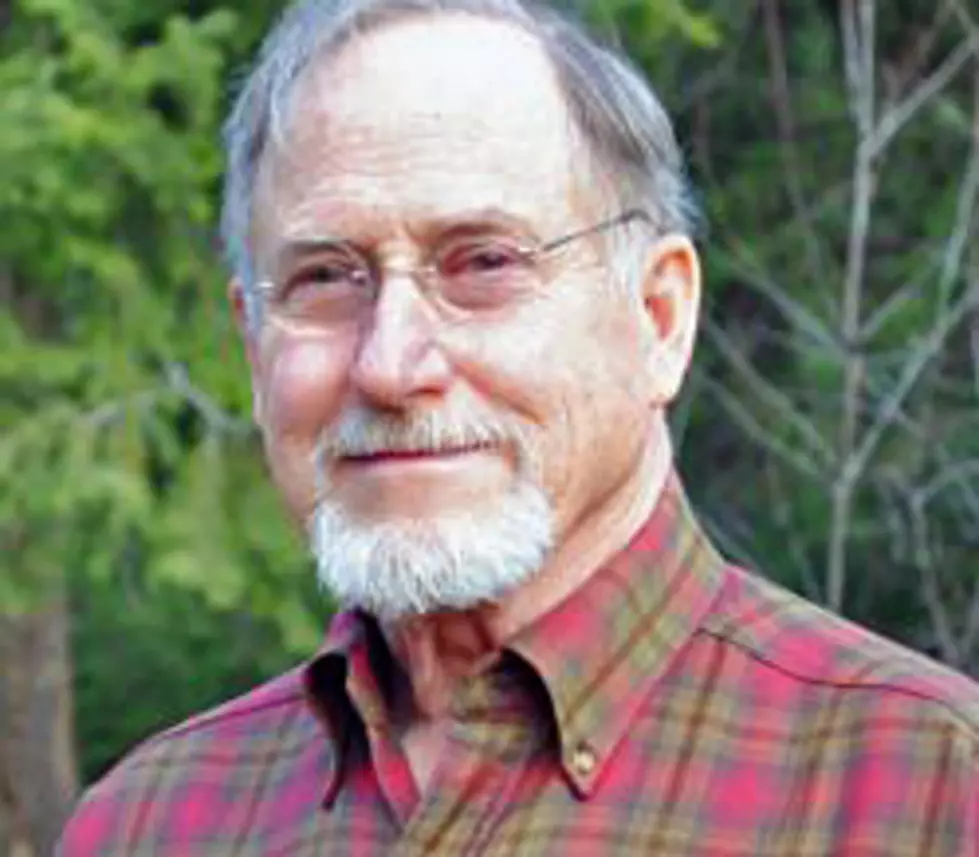
Montana Viewpoint: Hypocrites both left and right
In San Francisco and other cities, there is a big homeless issue. It is due to many factors both economic and drug related, but in this most liberal city, solutions like building high-density housing are rejected because those neighborhoods fear such projects would – take your pick – increase crime, lower property values or ruin the neighborhood.
Living in tents on the sidewalk is common, but not throughout the city because it is restricted in “sensitive” areas which seem to be those areas where people with money and influence and bleeding hearts live.
In Burbank, California, another liberal enclave, Sungjoo Yoon, a junior at Burbank High and chairman of the Burbank Youth Board, is fighting to get a discussion—just a discussion—about why books dropped from the schools mandatory reading list should be reinstated. The books include “Huckleberry Finn” and “To Kill a Mockingbird.” What they have in common is a word or words that may offend—here we go again—sensitive populations.
In the New York Times of April 18, 2022, Yoon wrote, “I believed, and still believe, that the solution was not to remove the books but to add books written by people of color and to better train teachers to teach these books sensitively to students.” Forgive him his ignorance, he’s only 17.
On the right side of the political spectrum, we have people fighting government incursions on their “freedoms,” such as mask mandates, while also pushing those same governments to restrict the “freedoms” of others whose behavior they disagree with.
Those include worries about school children being told it’s OK to lead a life different than the majority of the population as a gay or transgendered person, or that it is wrong to teach a history of American racial repression because it “shames” the sensitive Caucasians among us.
Let me lay aside, for the moment, any defense or interpretation of the actual concerns and dwell on the hypocrisy of both left and right and the self-righteousness of those opposing the actions of others while defending their own actions as something akin to patriotism. What both sides miss is that the causes of the issues that they are offering “just say no” solutions to are complex.
History is full of example of churches and governments trying to control human behaviors with absolutely no lasting effect. This was pointedly remarked on by the extremely conservative former U. S. Senator Barry Goldwater in an opinion published in the Washington Post of June 10, 1993.
If you remember, the big issue of the day was how to treat gays in the military. Goldwater, a colonel in the Arizona National Guard, wrote: “Everyone knows that gays have served honorably in the military since at least the time of Julius Caesar.”
He continued: “The conservative movement, to which I subscribe, has as one of its basic tenets the belief that government should stay out of people's private lives. Government governs best when it governs least - and stays out of the impossible task of legislating morality. But legislating someone's version of morality is exactly what we do by perpetuating discrimination against gays.”
On the one hand we have the morally indignant doing their best to impose their own moral concerns on others who have different but equally strongly held moral concerns of their own. On the other hand are the liberals who I am sure believe in the immorality of homelessness but are protecting their own economic and safety concerns by pushing the homeless out of their sight, and hence out of mind.
There are always issues in our midst that we wish we didn’t have to deal with, so we don’t deal with them by trying to either ignore them or outlaw them. That is not productive.
Denying the existence of an issue only increases its prevalence and cost, and trying to outlaw human behavior does nothing to change that behavior and costs a lot of money in ineffective and futile enforcement.
If you want to look for a solution to some of this insanity, a close reading of the words of Jesus is instructive. Even a superficial reading, for that matter.
Jim Elliott served sixteen years in the Montana Legislature as a state representative and state senator. He lives on his ranch in Trout Creek.
